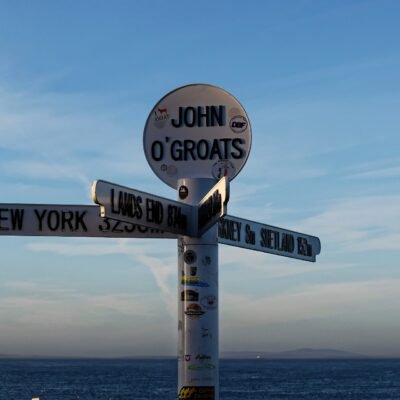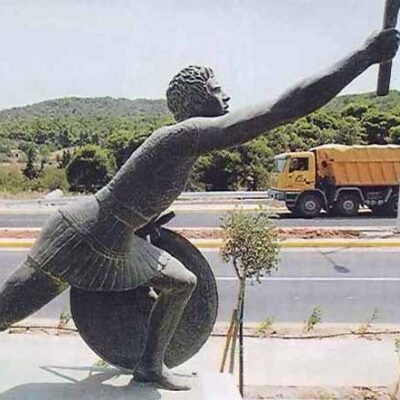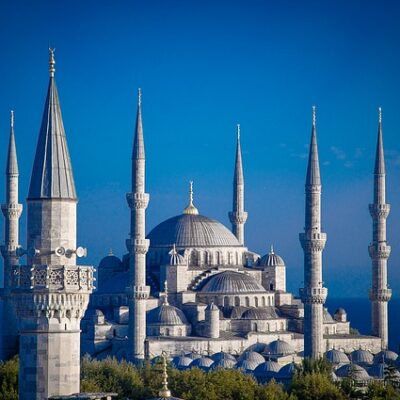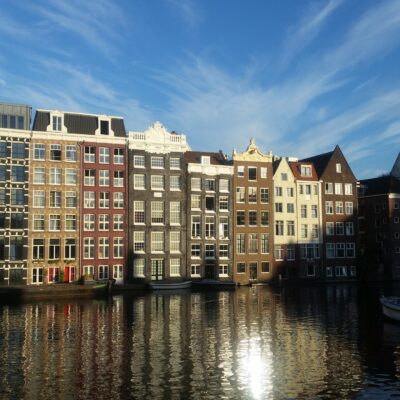Europe
Highlights
Trails
Adventures
Stories
Club/Community
World care
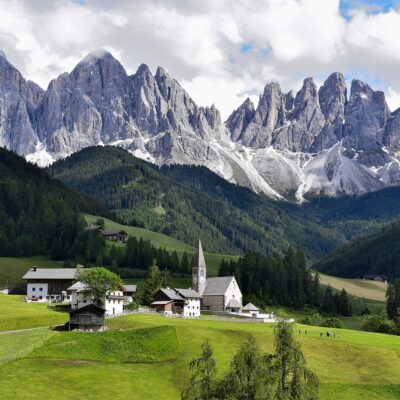
Europe has a lot to offer. Not only a wide variety of beautiful landscapes, history and cultures, but also a healthy environment:
Perhaps the world’s healthiest diet, the Mediterranean diet is abundant in fruits, vegetables, whole grains, legumes and olive oil. It features fish and poultry—lean sources of protein—over red meat. Red wine is consumed regularly but in moderate amounts.
Iceland has seemingly avoided many of the diseases that have plagued other countries. They have low rates of Alzheimer’s disease, stroke, heart disease and diabetes.
The world’s least polluted countries are all in Northern Europe: Sweden, Finland, Norway and Estonia.
UNESCO has designated the world’s first biosphere to span across five different countries – and they’re all in Europe.
With the world facing climate and nature crises, UNESCO’s designation today of the Mura-Drava-Danube as the world’s first ‘5-country biosphere reserve’ represents a historic step towards a new era for people and nature in Europe as well as an international model for regional conservation, climate resilience and sustainable development.
Stretching across Austria, Slovenia, Croatia, Hungary and Serbia, the biosphere reserve covers 700km of the Mura, Drava and Danube rivers and a total area of almost 1 million hectares in the so-called ‘Amazon of Europe’ – making it the largest riverine protected area on the continent.
"This landmark cross-border designation is a powerful demonstration of a shared green vision that builds on, and reinforces, both regional cooperation and unity in Europe,” said Andrea Johanides, CEO of WWF Austria. “It is a significant step forward in protecting the region’s natural and cultural treasures and serves as a striking example of how protected areas can benefit communities and wildlife – and bring countries together.”
With its rare floodplain forests, gravel and sand banks, islands, oxbows and riverine meadows, the new Mura-Drava-Danube reserve sustains extraordinary biodiversity as well as the livelihoods of 900,000 people.
Boasting continental Europe’s highest density of breeding white-tailed eagles, the region is home to otters, beavers and critically-endangered sturgeons. It is also an important stopover site for more than 250,000 migratory birds every year.
The biosphere reserve’s spectacular, pristine landscapes also lure increasing numbers of visitors to this Amazon of Europe, highlighting the potential for the development of sustainable nature-based tourism. Meanwhile, its intact floodplains ensure clean drinking water supplies and help protect communities from floods – an increasing concern in the era of climate change.
“Five countries have agreed to jointly protect one of the most unique river corridors in Europe. These healthy freshwater habitats play a significant role in climate change adaptation and their preservation will help the region prepare for climate change - the greatest challenge humanity has ever faced,” said Katalin Sipos, CEO of WWF Hungary.
The biosphere reserve represents an important contribution to the European Green Deal as well as contributing to the implementation of the EU’s new biodiversity strategy. It is also an international demonstration of how the protection of unique natural areas must be integrated with sustainable development.
Pheidippides Feat
Athens, Greece
Sparta, Greece
Until more efficient ways of transport were developed, running was a common way to transfer a message. Especially in times of war it was important...
Eurocross for a Cause - Ralph Mesquita
Jul 7, 2017
Eiby, Norway
Sep 14, 2017
Tarifa, Spain
In Summer 2017 25-year old Belgian-Brazilian ultrarunner Ralph Mesquite ran across Europe to raise awareness about the health problems associated with obesity worldwide and to increase European unity.His grandmother died of obese related complications when Ralph was 16, and during his study Physiotherapy Ralph learned there was still a long way to go to beat the disease. One in three children between the ages of six and nine in the European Union are now classified as overweight or obese. Ralph’s charity of choice, The European Association for the Study of Obesity (EASO), has called on the EU to act now...
Trans Europe Run - Richard Donovan
Jun 21, 2016
Istanbul, Turkey
Aug 29, 2016
Amsterdam, Netherlands
In Summer 2016 Irish ultrarunner and race director Richard Donovan completed a 3,000 km Trans Europe Run from Istanbul to Rotterdam, running up to 40 miles a day through western Turkey, Greece, then Bulgaria, Serbia, Croatia, Hungary, Austria, Germany and the Netherlands. The original plan had been to run from Istanbul to San Sebastian, Spain in April, but planning long expeditions like this comes with changes. “On the last day, I felt better than every single other day. It took about 2 months, 2 pairs of running shoes and almost 2000 miles of running to have a 40-mile day feel relatively easy....
Viv Runs Europe - Viv Joynes
Jul 15, 2014
Unieradz, Poland
Jan 13, 2015
Tarifa, Spain
On 13 January 2015 Viv Joynes finished her epic journey of 3,850km, having raised just over £10,000 for the Red Cross; the charity that helped her grandmother as a refugee. “My grandmother, who passed away a couple of years ago, had been a German refugee after the Second World War – escaping her home in Neurese (now Unieradz in Poland) after the Russian invasion. Unaware if her family were alive or not, she survived a flight, a plane crash, and walked around 300km to finally settle in the German town of Celle. I wanted to see some of these places...
Run across Europe - Mark Cooper
May 1, 2010
Amsterdam, Netherlands
Jun 26, 2010
Barcelona, Spain
At age 27 Mark Cooper ran from Amsterdam to Barcelona, covering the equivalent of 50 marathons in 56 days.He did this in memory of his mother, Sheila, who died from a brain haemorrhage when he was only 14 and raised more than £30,000 for head injury charity Edinburgh Headway in Great Britain. “The staff and volunteers at Edinburgh Headway do a fantastic job. The information and support they provide is a real comfort and once I’d decided to take on this challenge, there was only one charity I had in mind,” Mark said. Mark ran his first 10K race in...
London to Lisbon - Rory Coleman
Apr 30, 2004
London, UK
Jun 11, 2004
Lisbon, Portugal
In 2004 Rory Coleman was asked to run from London to Lisbon for EURO 2004, ahead of the football’s European Championship.The 42 years old football lover ran for 6 weeks, day in day out, to arrive just in time for the kick-off of England’s crucial group game against France. Rory could be tracked his whole journey through France, Spain and Portugal. He proudly ran to raise money for the Everyman Male Cancer Awareness Campaign. His trip was sponsored by Right Guard deodorant, so all funds he raised went into vital research for male cancers.The Everyman campaign was set up by...
Nothing New for a Year
In December 2018 Dan Lawson from the UK and Mick Thwaites in Australia launched the idea to share our efforts at buying no new sports clothes for a year. They started a support group where people who committed to the plan could exchange tips, successes and failures on their #nothingnewforayear journey. “300,000 tonnes of clothing are thrown away each year. 100 million barrels of oil are pulled from our Earth each day to meet consumer’s supposed demands. We at ReRun believe that we need to stop this craziness! There are many ways we can become more sustainable and cutting down...
